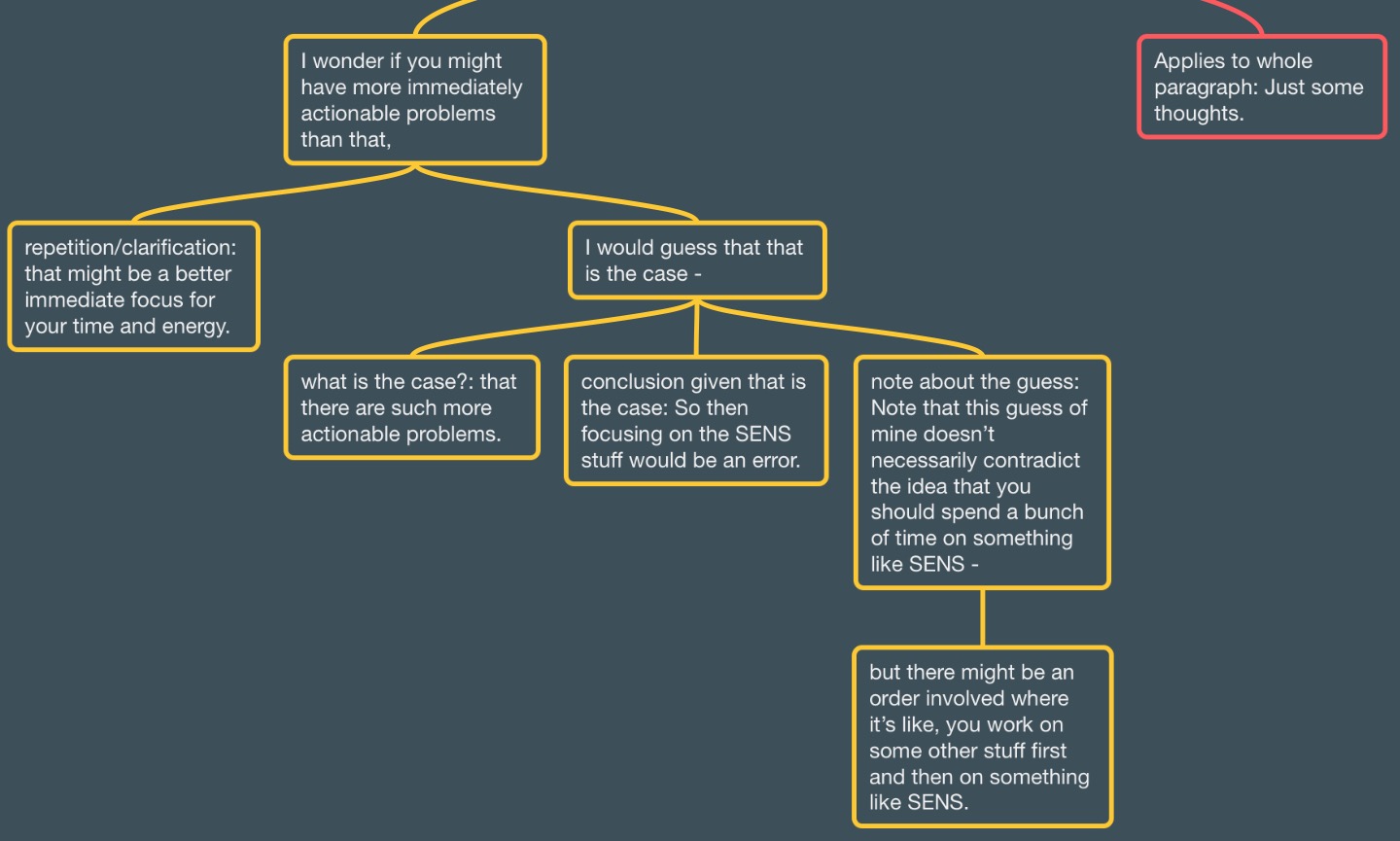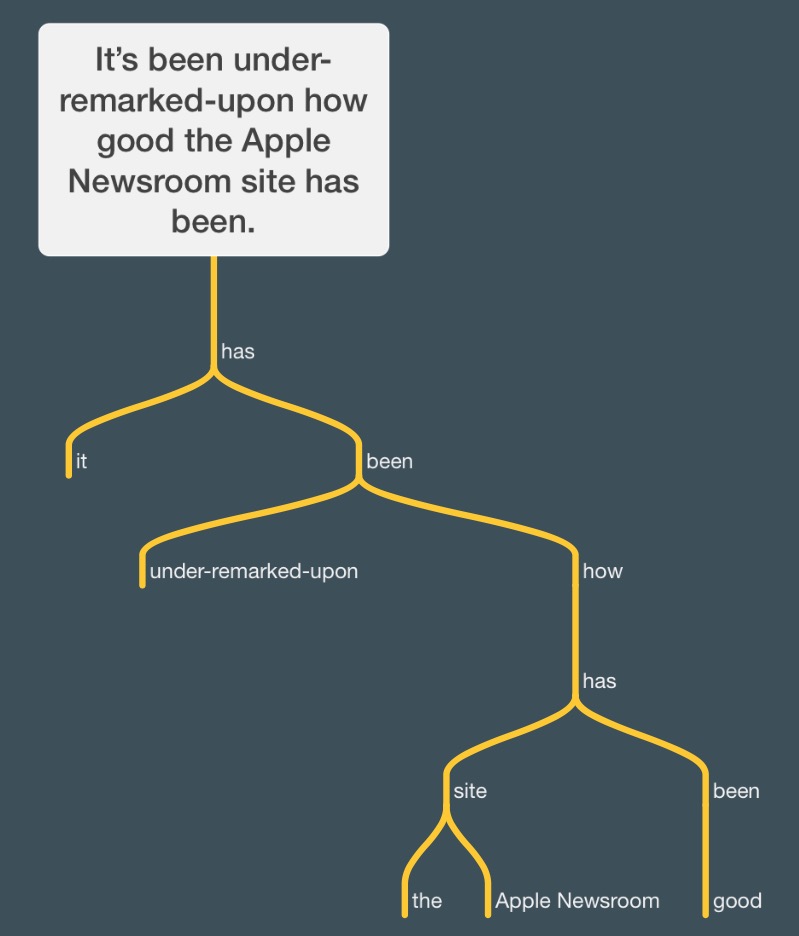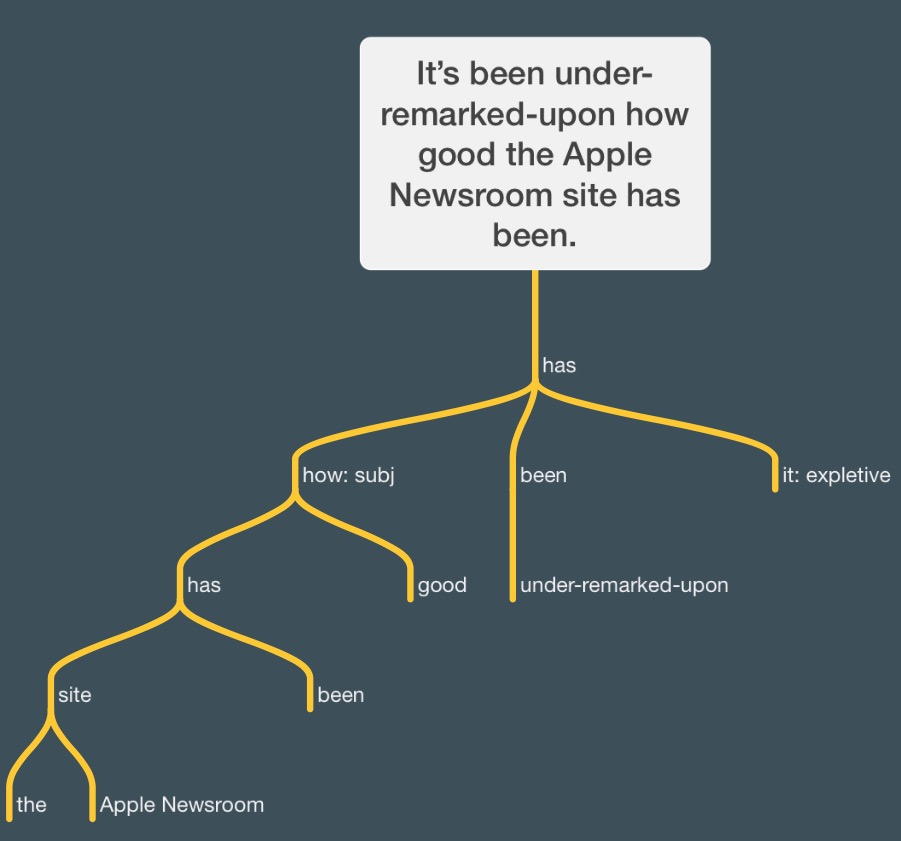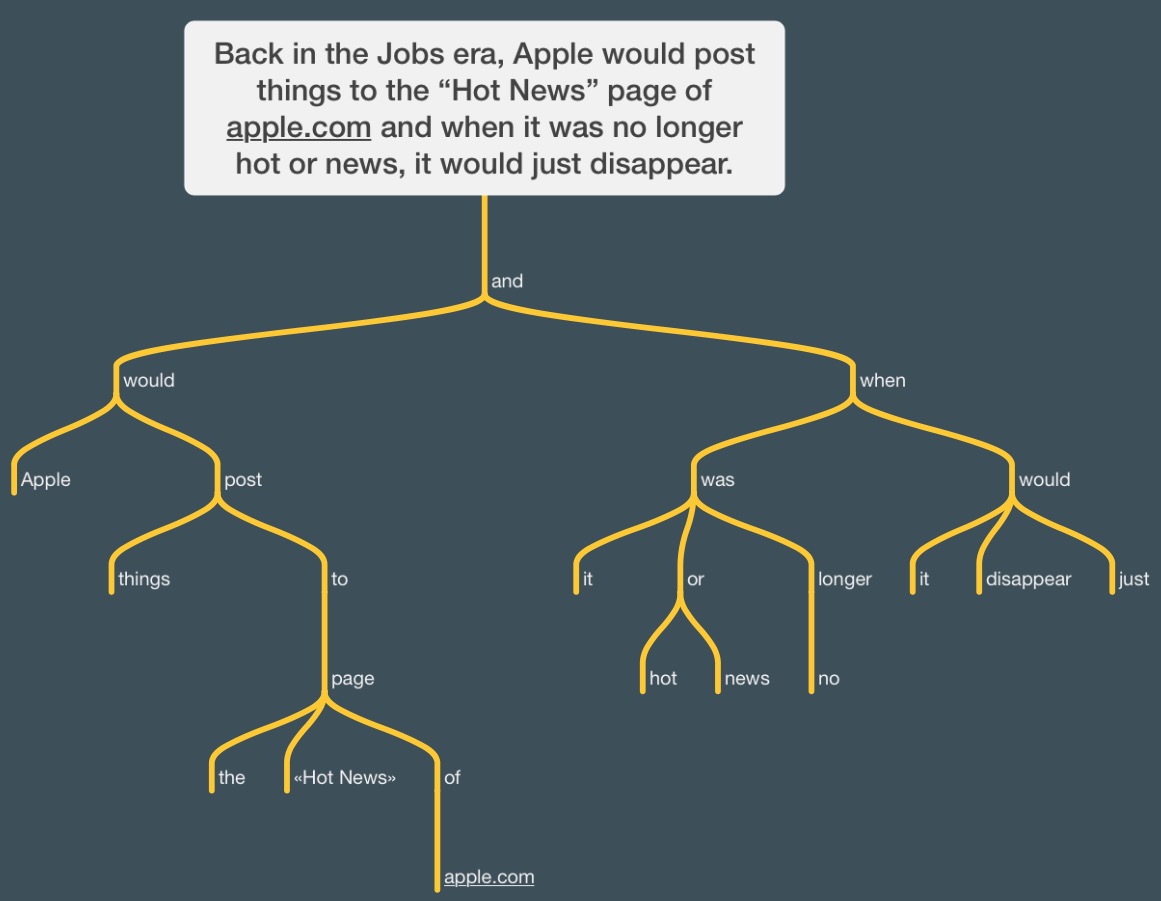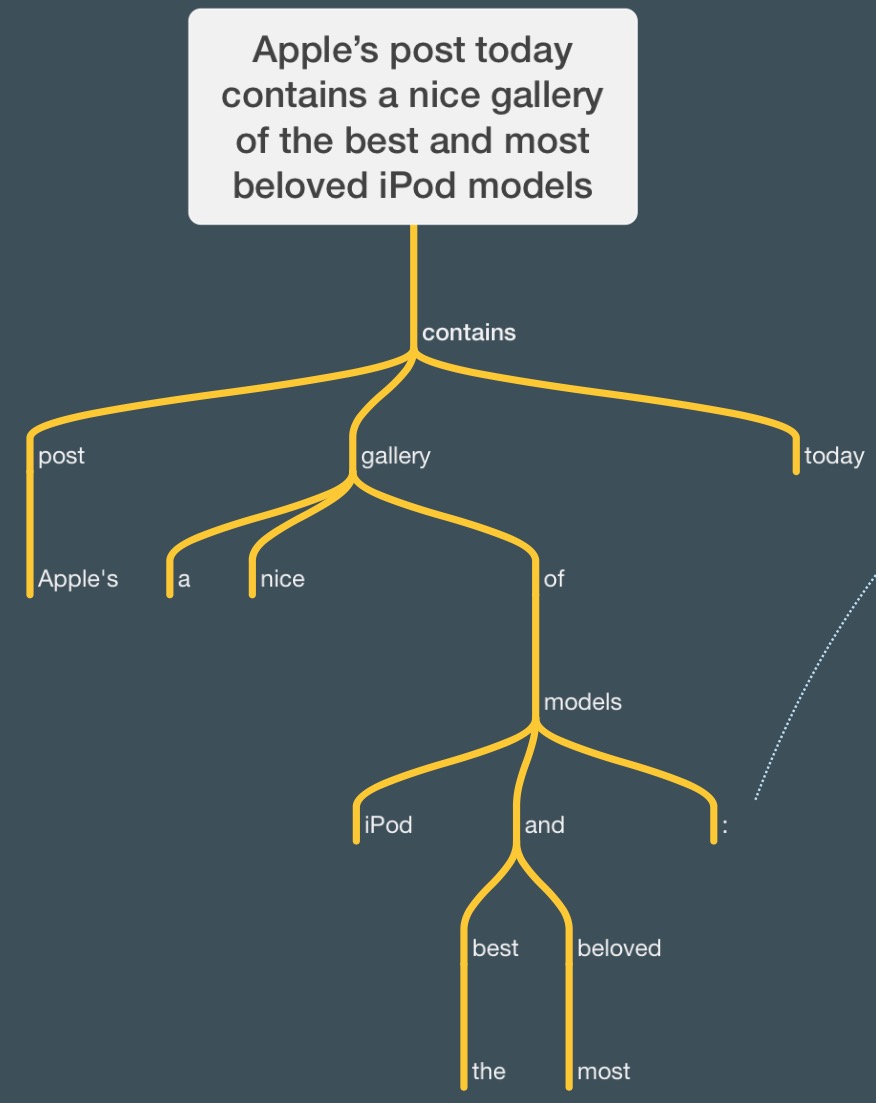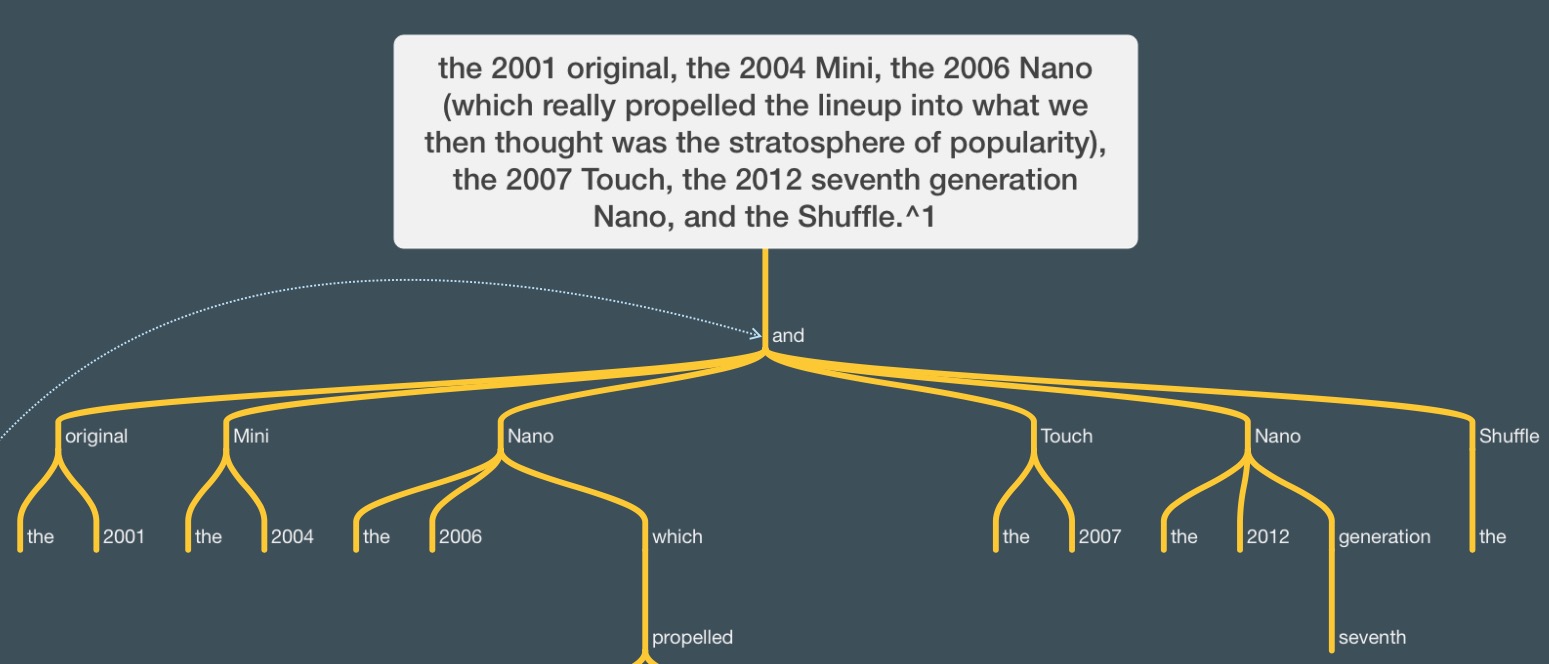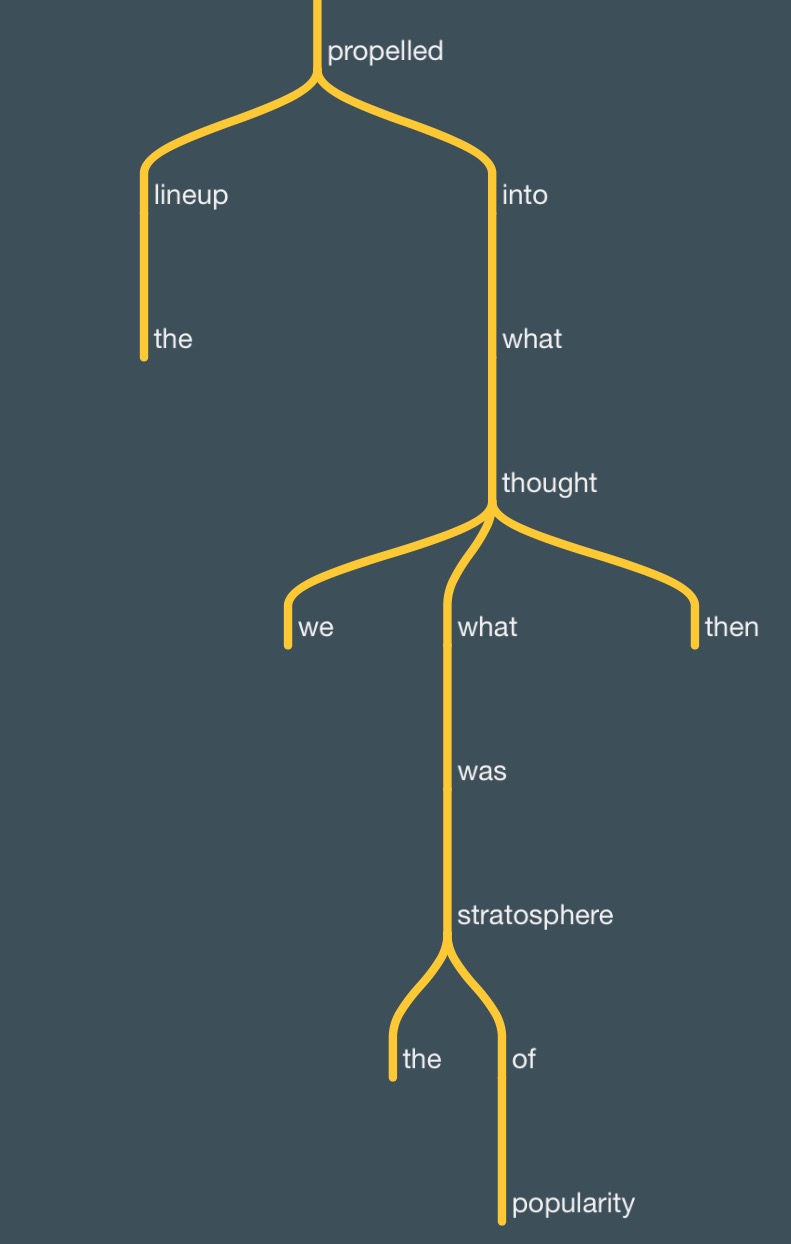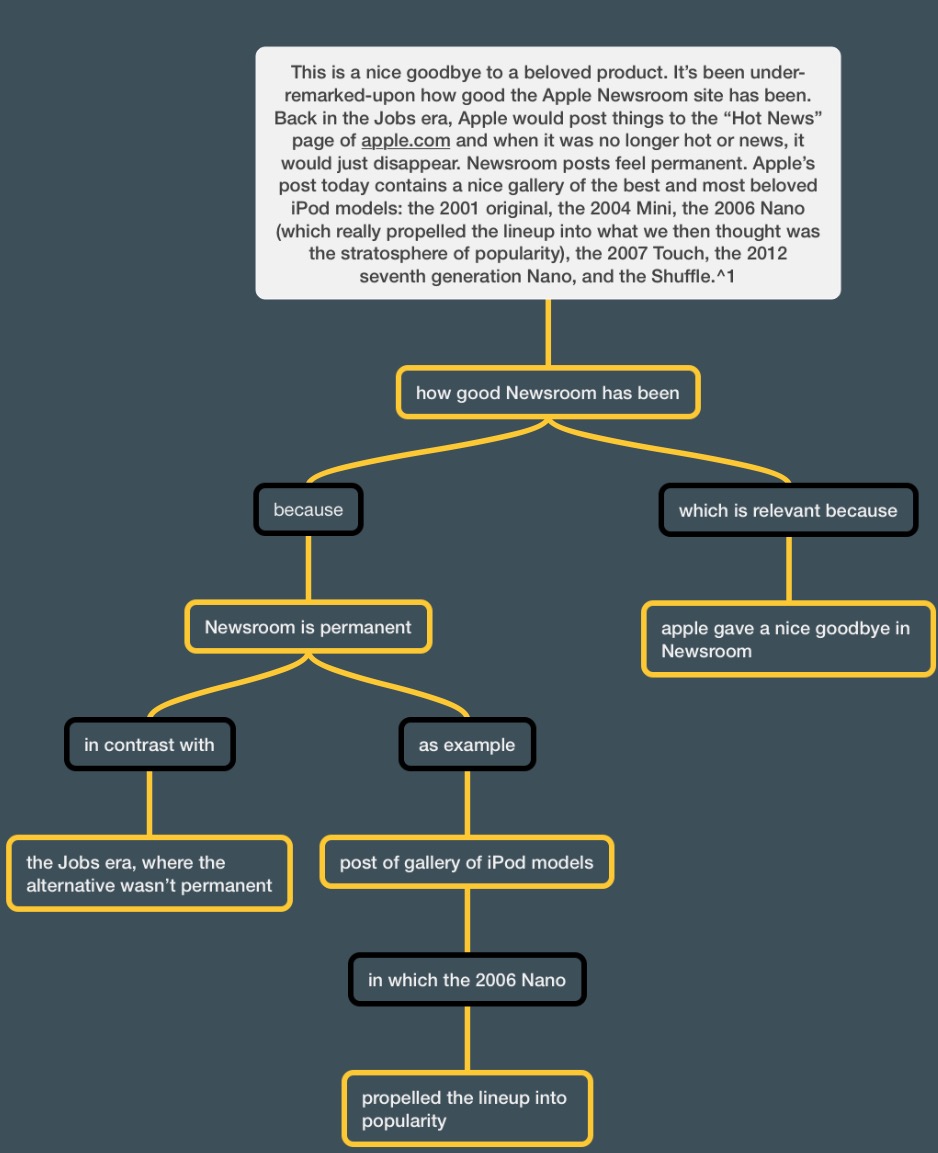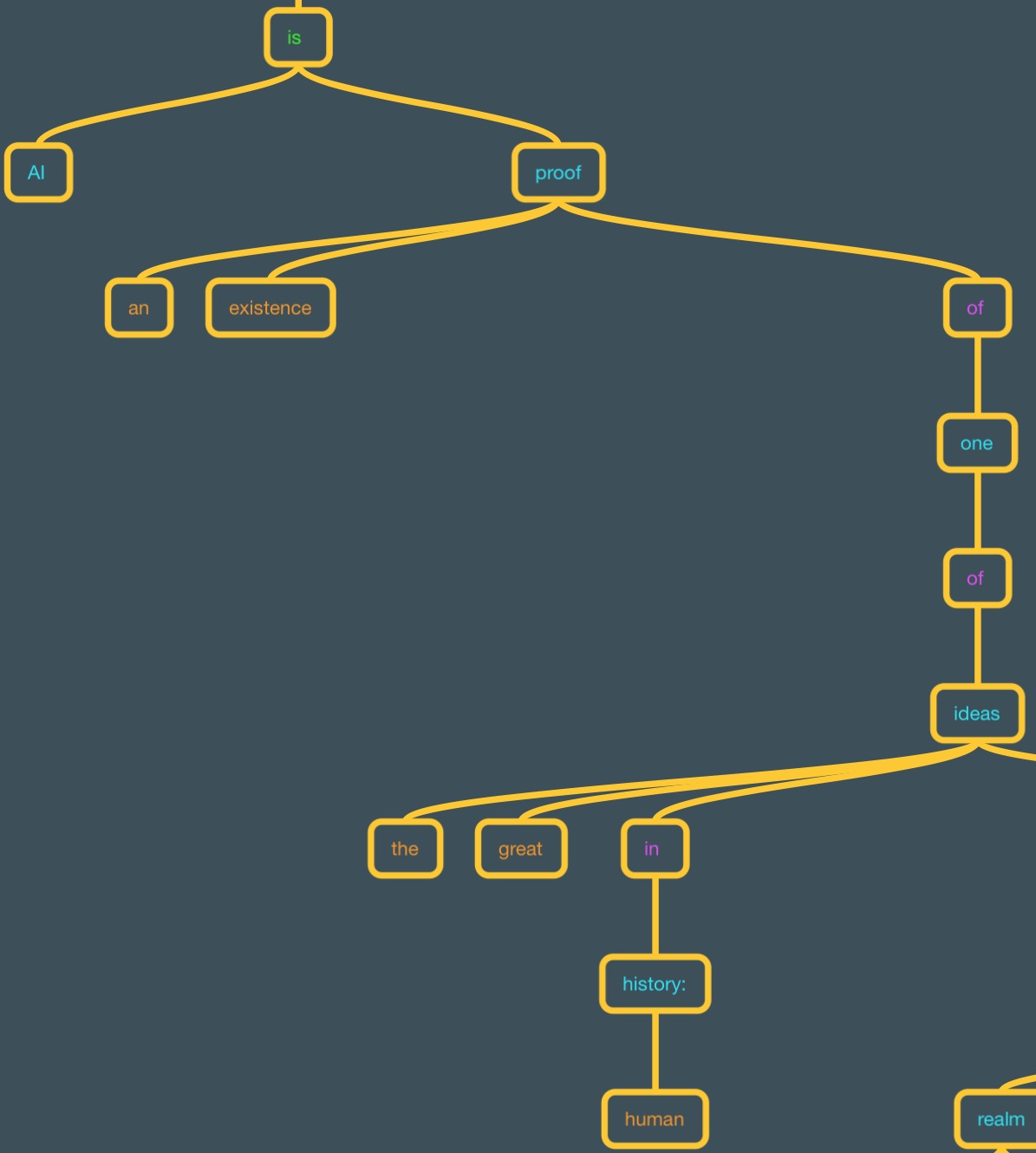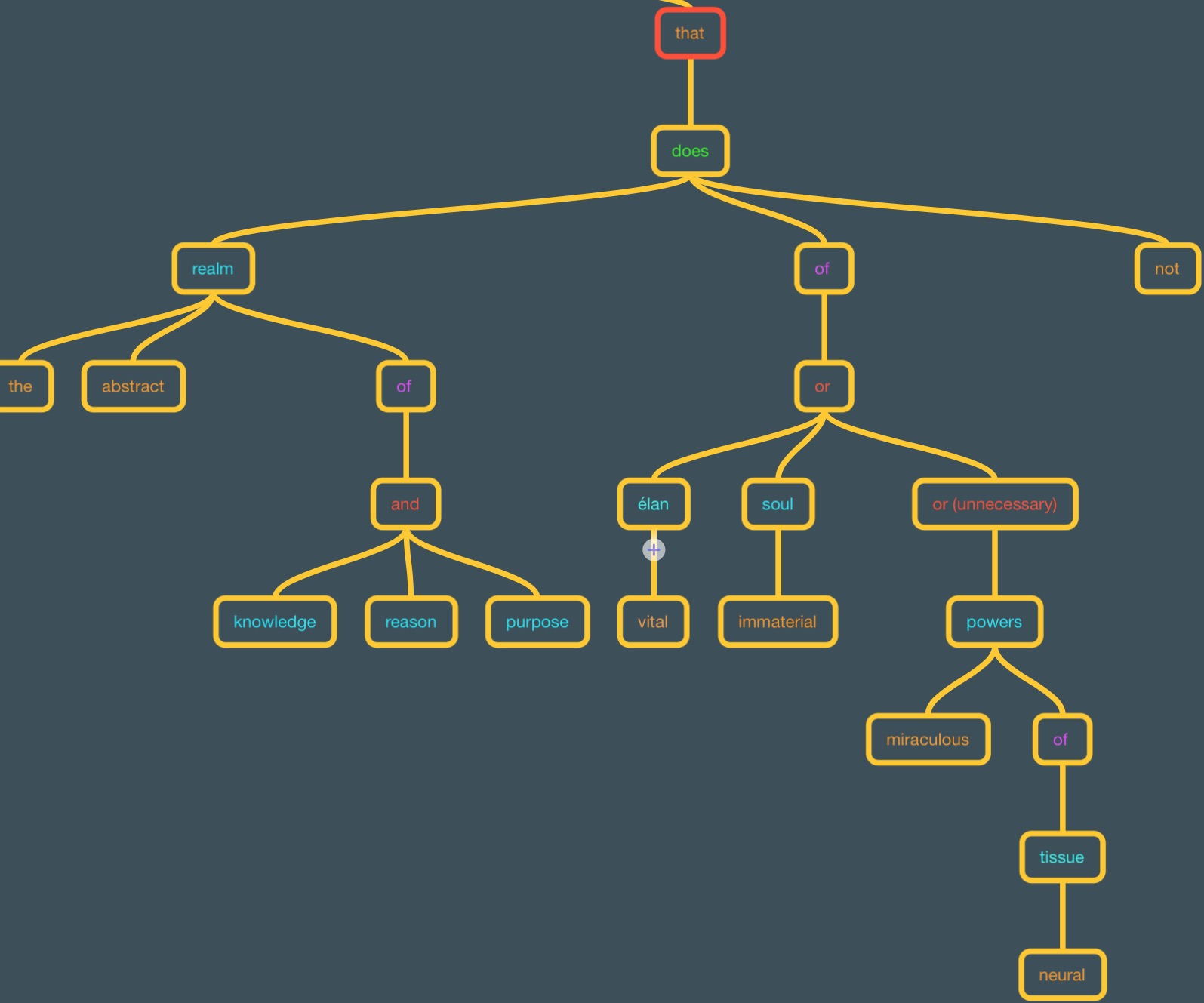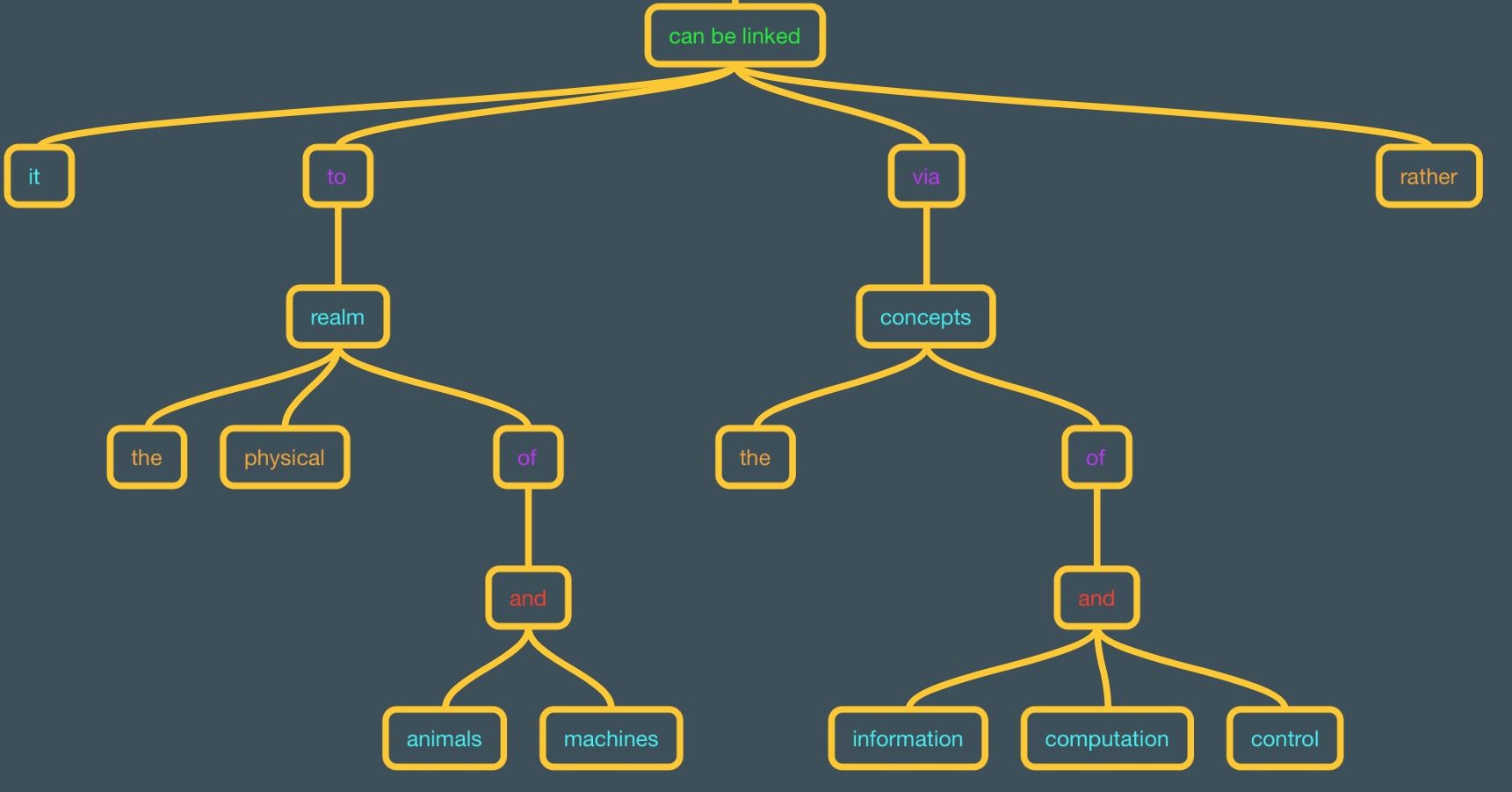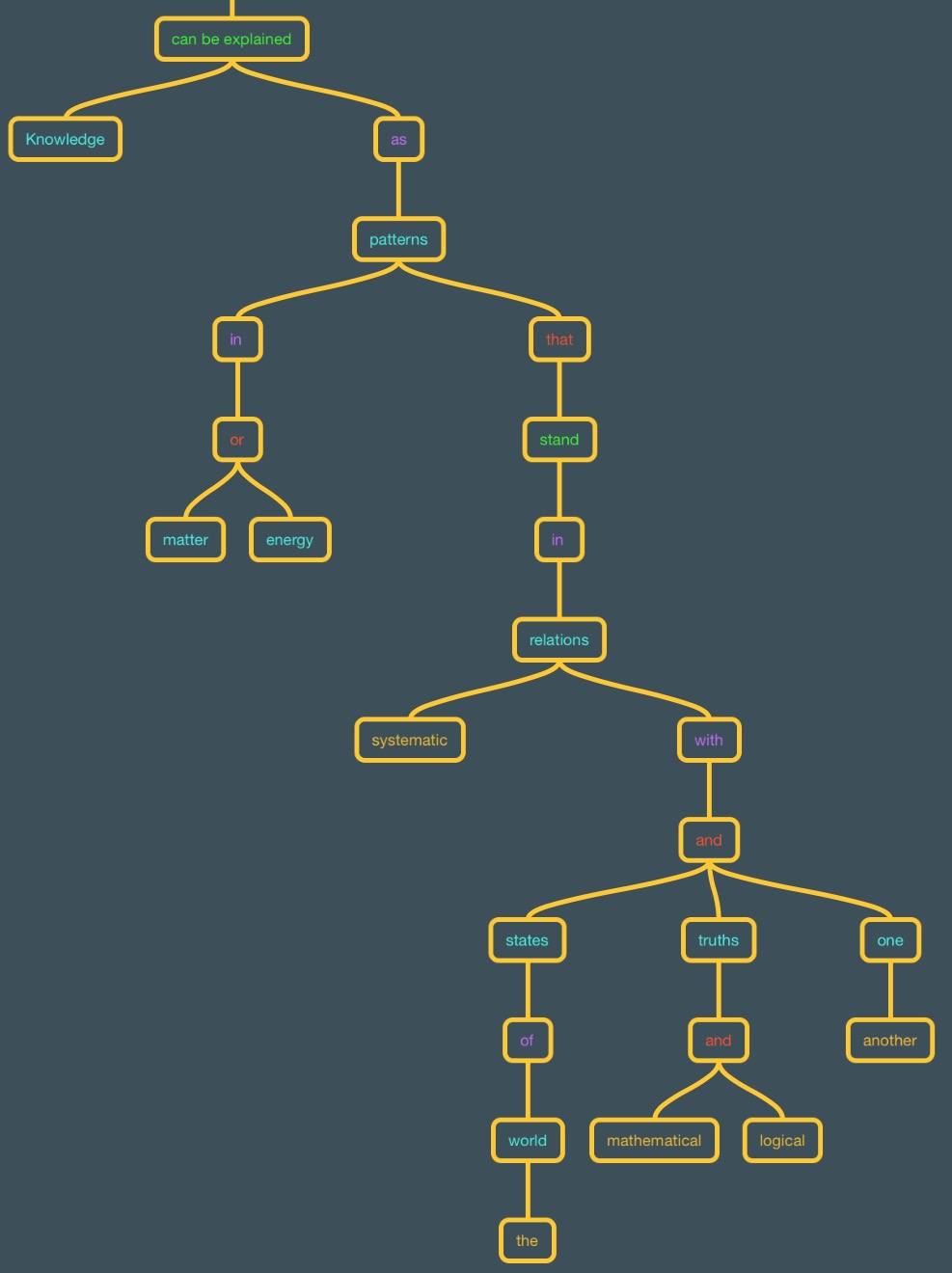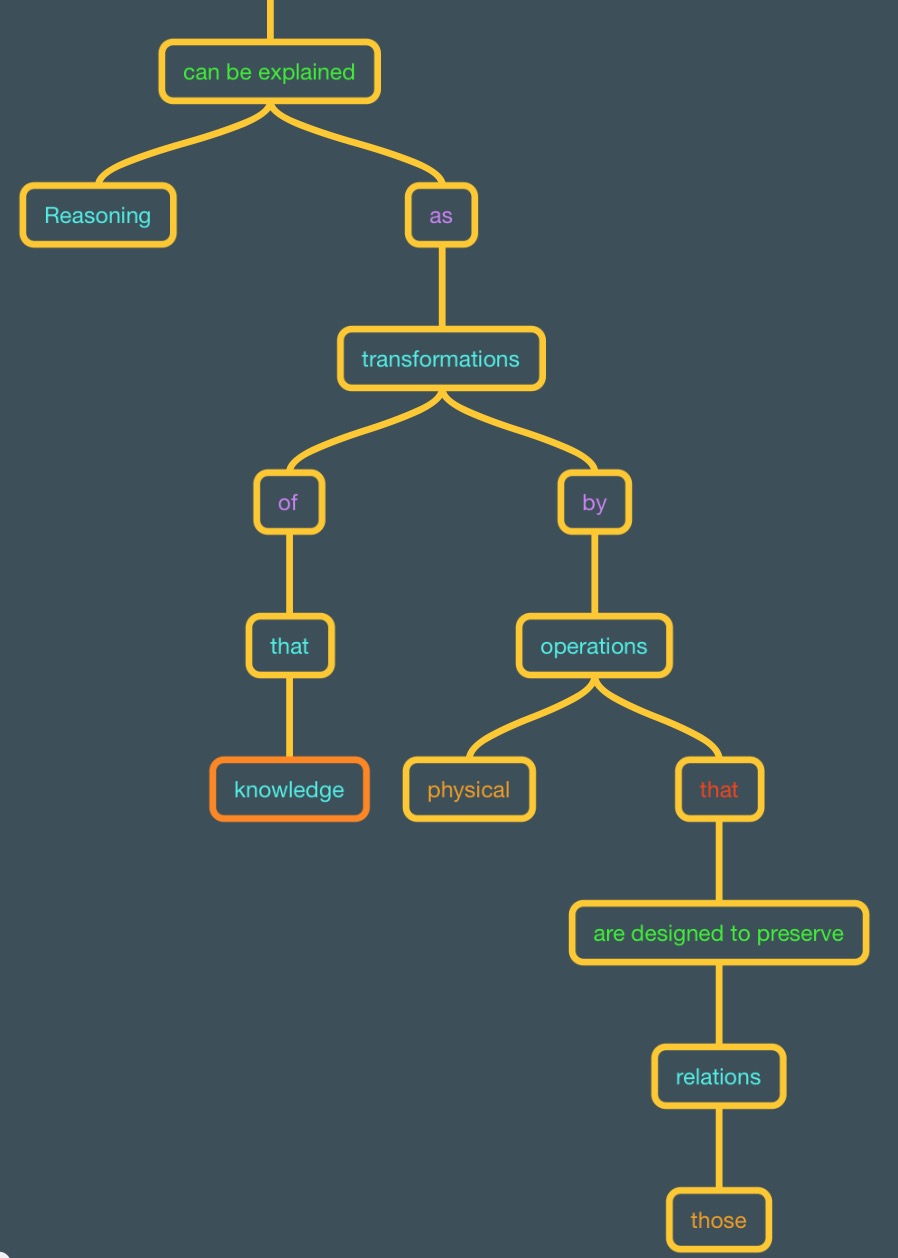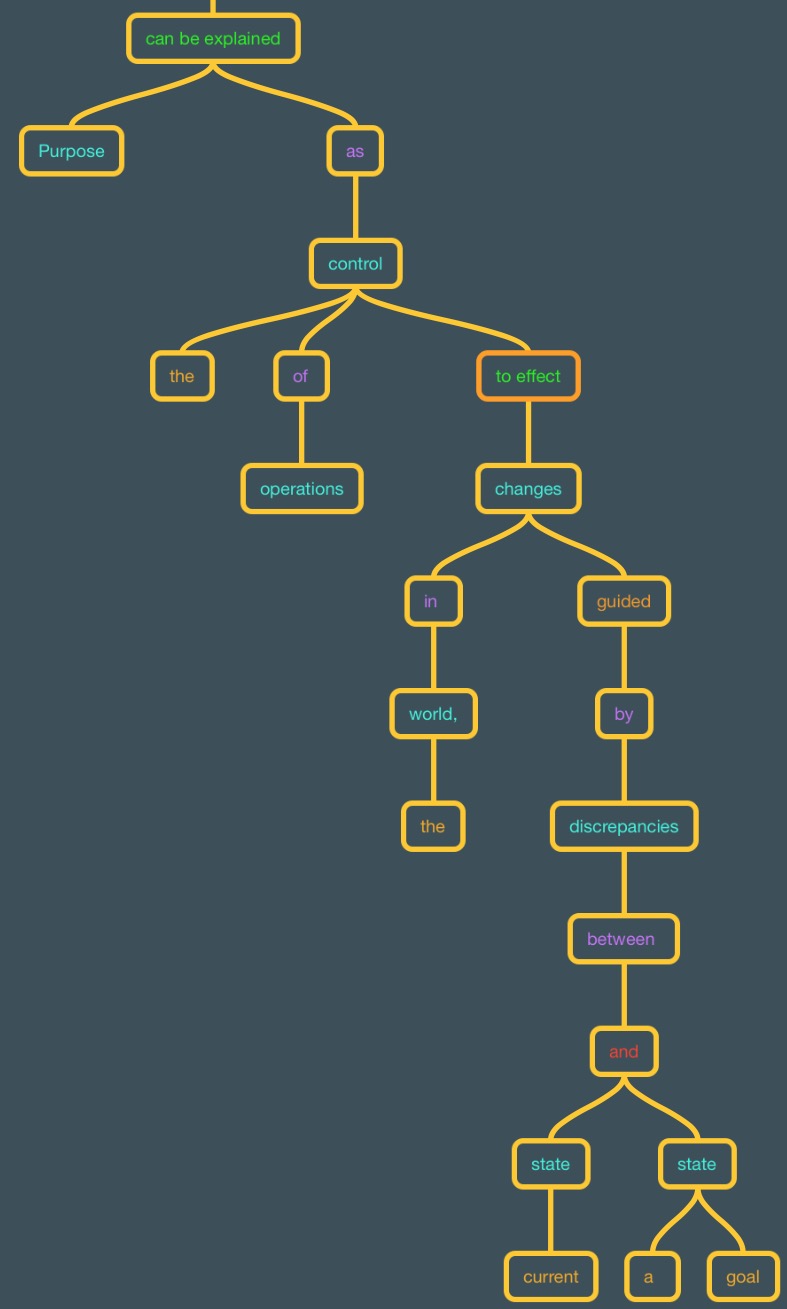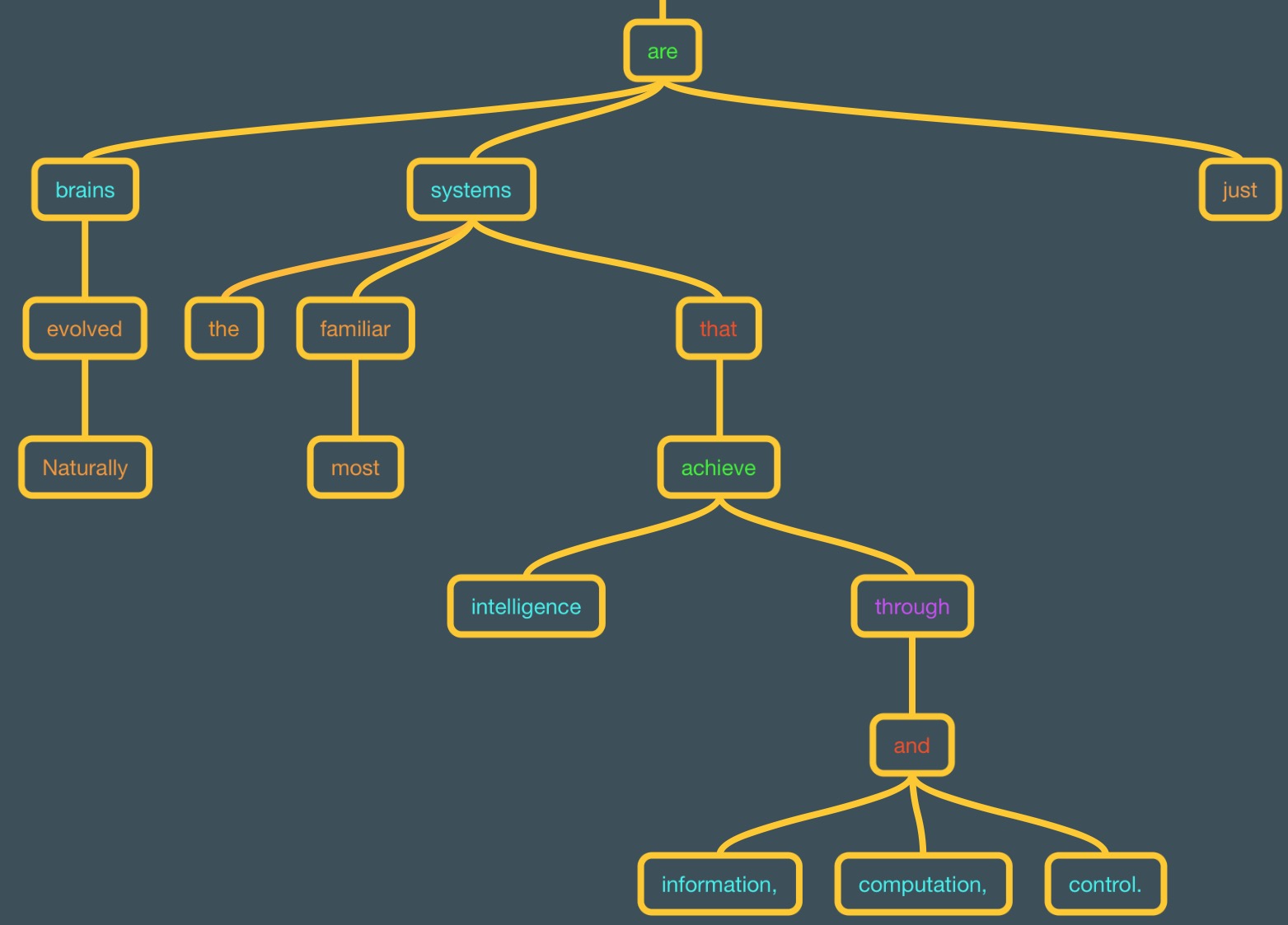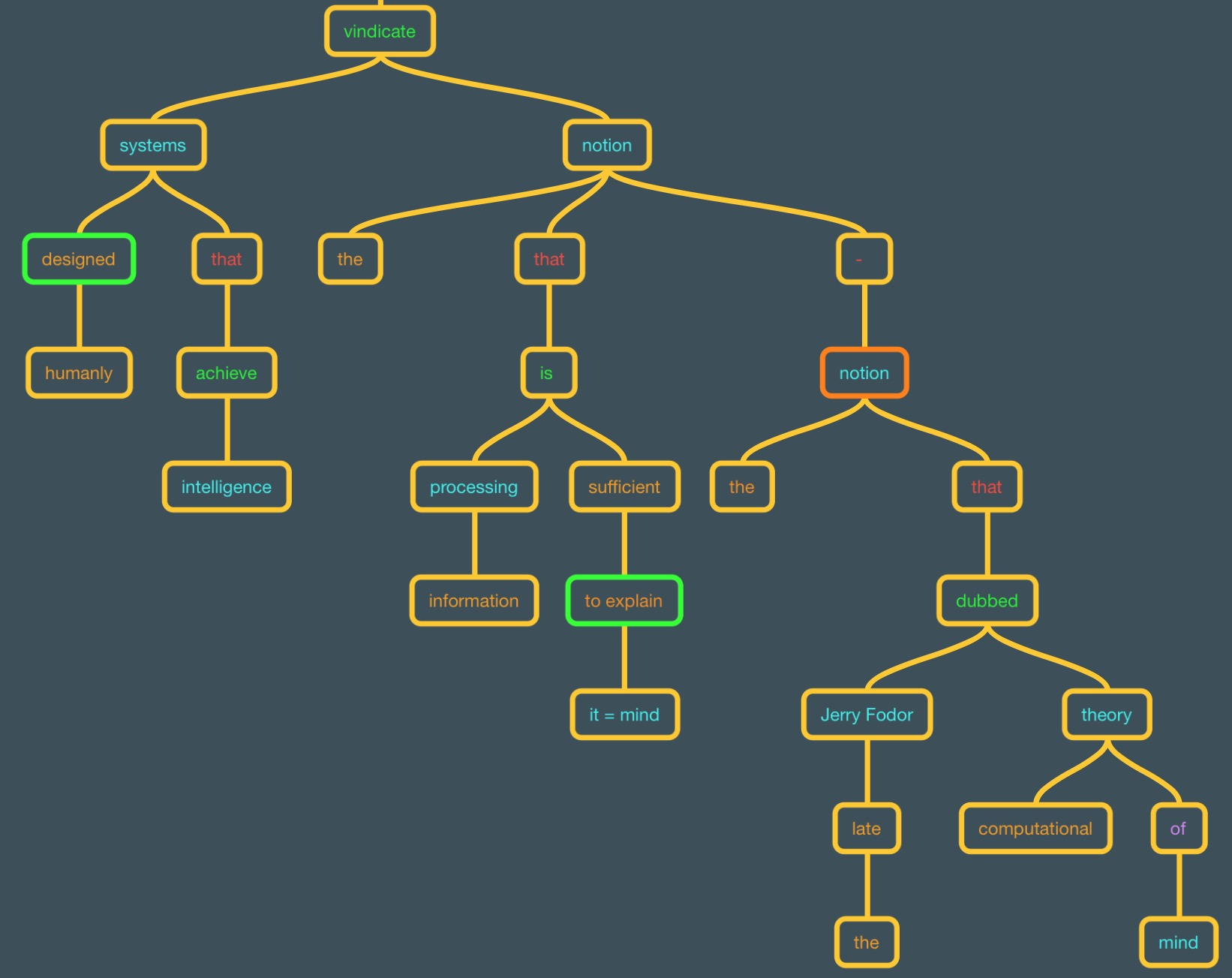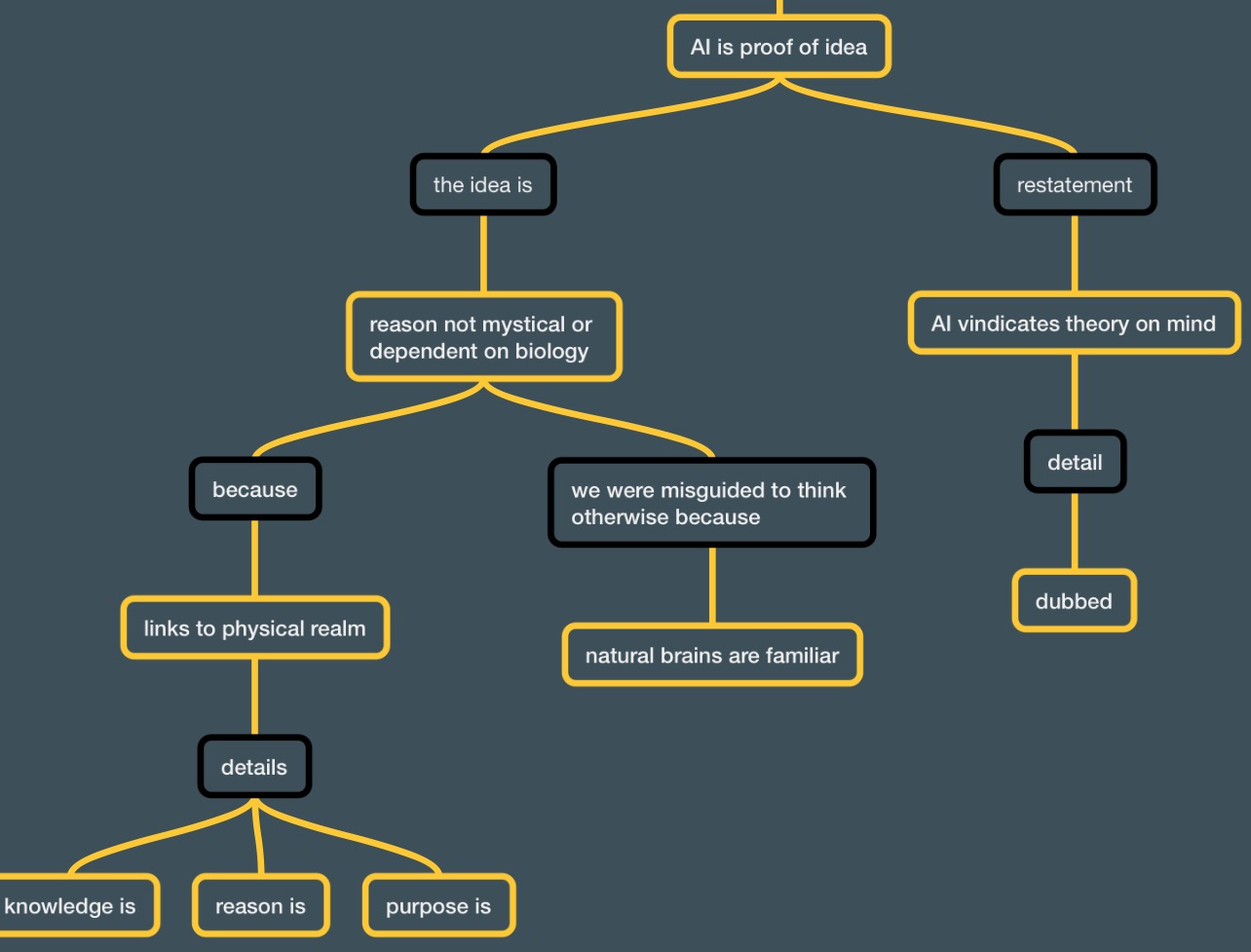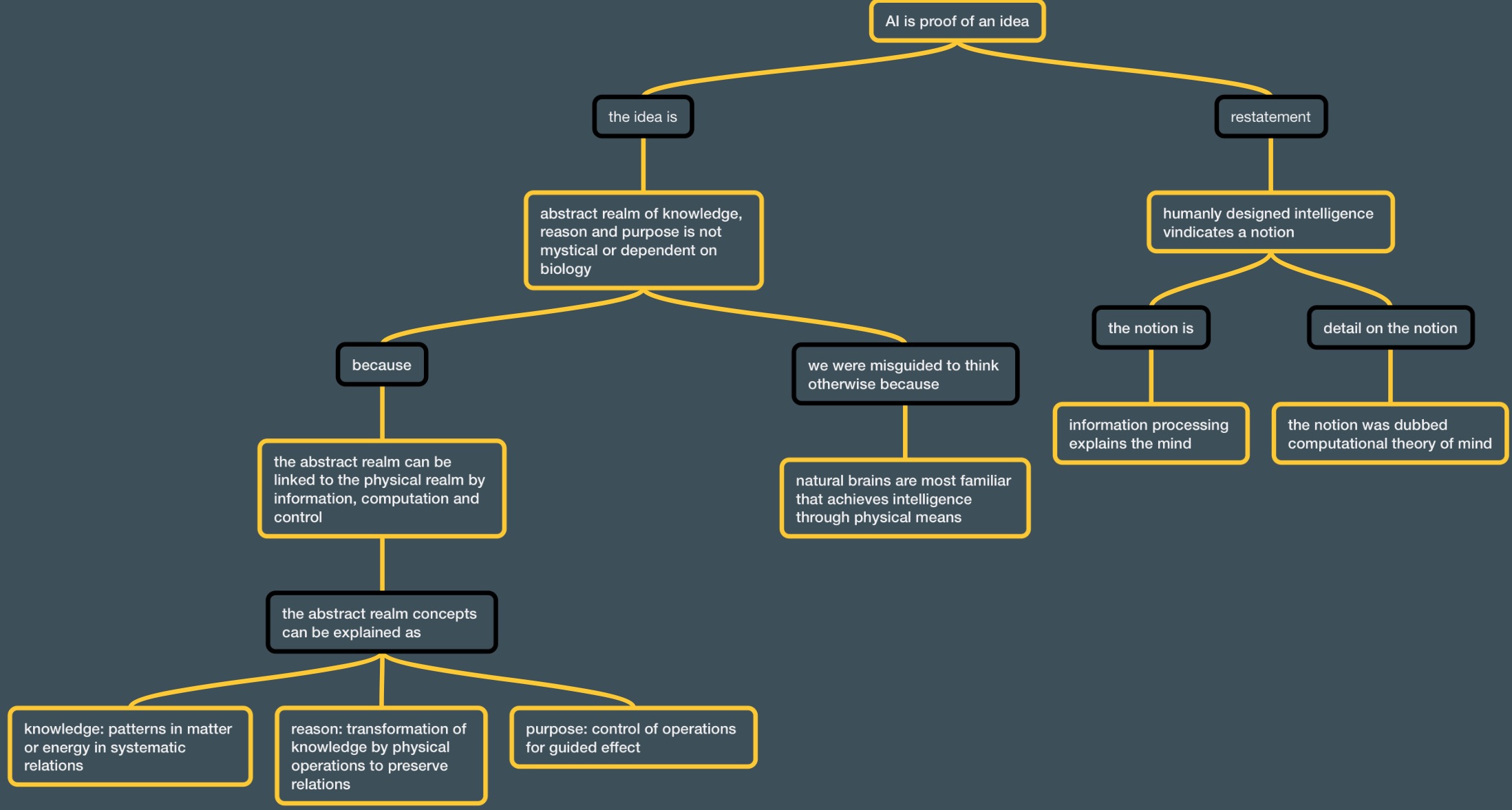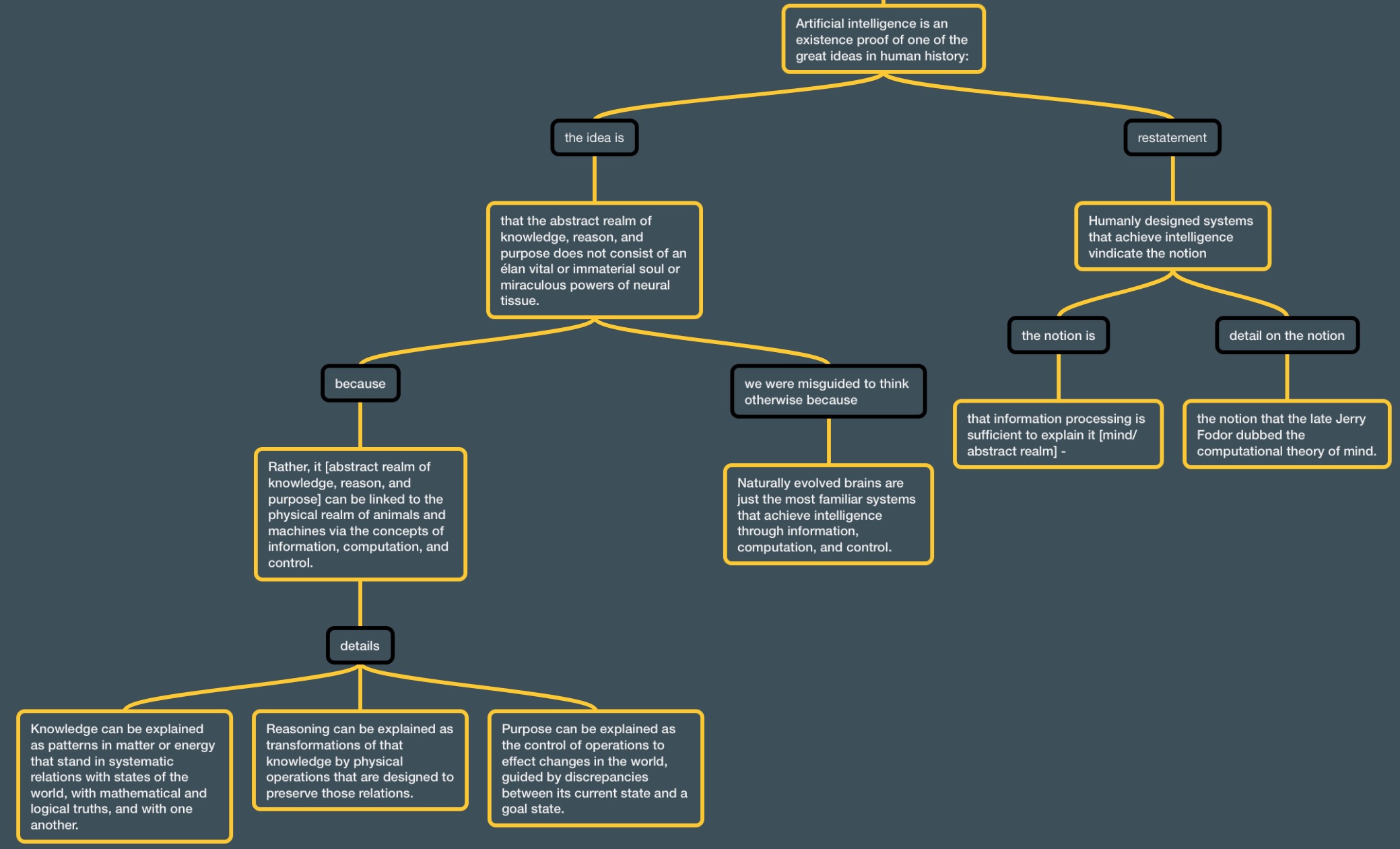Project Summary
Introduction to paragraph trees and philosophical analysis with the Pinker video.
Goal
What’s your goal? Why do you have that goal? How will you judge success and failure? What bigger picture goals or values are you pursuing? How is this relevant to CF?
I want to learn to use paragraph trees. It’s a text analysis prerequisite for philosophy which is the bigger picture goal. I also want to do some higher level philosophical analysis through the Pinker video.
Plan
What’s your plan? How big is the project? What resources do you expect it to require and what have you allocated for it? How confident are you about succeeding? What sort of errors or error rate do you expect and how will you deal with that? Got any error correction mechanisms? What are the risks of not finishing the project or failing and do you have any plan to address those risks?
The plan is simple. Watch the two paragraph tree videos and the Pinker video. Try the examples myself before Elliot shows them.
The Pinker video has more than paragraph analysis, which is good. It’s good to mix in other things and see how things connect.
At the end I’ll try out the Szasz manifest paragraph that was done in Max tutoring #4. That’ll serve as a test.
I’ll do another project called paragraph tree practice. I’ll most likely start that one immediately after this one. The reason is I don’t know right now how to make a plan for practicing. Should I do 5 paragraphs or 10? How do I error correct? I’m not sure. So this project is to get started with paragraph trees. And also to learn with the Pinker video.
I’ll spend at least 1 hour a day on this project. I think this will take less than a week. The Pinker video might take some time though, so I’ll give myself at most 2 weeks to finish this project.
Success means going through with the plan before 2 weeks.
I think I’m highly likely to do everything in this plan.
* PROJ paragraph trees and pinker video
** meta
*** TODO planning
*** TODO conclusion
** TODO watch paragraph tree videos
** TODO watch pinker video
** TODO szasz paragraph test
Other People
What help are you asking from others? What value are you offering to others? Will you complete the project independently if no one else participates? Why are you sharing this with others? What sort of criticism do you want?
I can do all this by myself. Every tree I make has a suggested answer by Elliot, so I have something to compare with and base error correction on. So there is less need for help and criticism.
Help and criticism will probably still be useful, so I share to give people the opportunity to help.
Context
What’s the context? What’s your relevant background and track record? Why are you prioritizing this over alternative projects? Why are you doing it right now? What have you already done?
I have familiarity with trees from different topics now including grammar, arithmetic and programming.
I have learned some grammar so I should be able to use grammar analysis to help figure out difficult sentences in a paragraph.
Paragraph analysis is a natural progression from grammar work. I wanted to work on the higher level before doing more grammar.
This planning took 40 minutes.
